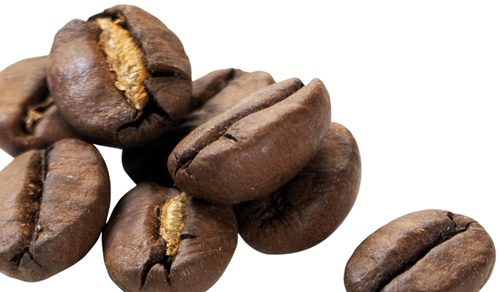Importing and Exporting
Despite talk of regional integration, trade agreements with South American countries are almost all negotiated bilaterally. Each country may have a string of agreements with individual nations. Foreign companies not supported by trade agreements with their country may still find great opportunities for trade in South America.

Moving goods
Documentation and procedures for importing and exporting do not differ from those practiced elsewhere, although in some cases, the paperwork can be cumbersome. But the region has made huge strides in improving the efficiency of processing both imports and exports. Although the days of protectionist policies and import substitution[] still ring in recent memory, today there are relatively few prohibitions for either import or export. Each country in South America maintains its own policies and you should research the local rules before filling your container and hauling it to the docks. Weak infrastructure and poor management of port logistics may create severe bottlenecks. Choose your ports carefully as there is significant variation both between and within countries.
| Country | Export commodities | Export partners | Import commodities | Import partners |
|---|---|---|---|---|
| Argentina | soybeans and derivatives, petroleum and gas, vehicles, corn, wheat | Brazil, China, US, Chile | machinery, vehicles, petroleum and natural gas, organic chemicals | Brazil, US, China, Germany |
| Brazil | transportation equipment, iron ore, soybeans, footwear, coffee | US, Argentina, China, Netherlands, Germany | machinery, transportation equipment, chemical products, oil, electronics | US, China, Argentina, Germany, Nigeria |
| Chile | copper, fruit, fish products, paper and pulp, chemicals, wine | China, US, Japan, Netherlands, South Korea, Italy, Brazil | petroleum products, chemicals, electrical equipment, machinery, vehicles, natural gas | US, China, Brazil, Argentina |
| Colombia | petroleum, coffee, coal, nickel, emeralds, apparel, bananas, cut flowers | US, Venezuela, Ecuador | industrial and transportation equipment, consumer goods, fuels, electricity | US, China, Mexico, Brazil, Venezuela |
| Peru | copper, gold, zinc, crude petroleum and petroleum products, coffee, potatoes, asparagus, textiles, fishmeal | US, China, Canada, Japan, Chile, Switzerland, Spain | petroleum products, plastics, machinery, vehicles, iron and steel, wheat, paper | US, China, Brazil, Ecuador, Argentina, Chile, Colombia |
| Venezuela | petroleum, bauxite and aluminum, steel, chemicals, agricultural produce, basic manufactured goods | US, Netherlands Antilles, China | raw materials, machinery and equipment, transportation equipment, construction materials | US, Colombia, Brazil, China, Mexico, Panama |
Import substitution—a trade policy that places prohibitively high tariffs on imports in order to reduce external competition and push the growth of local industry.
